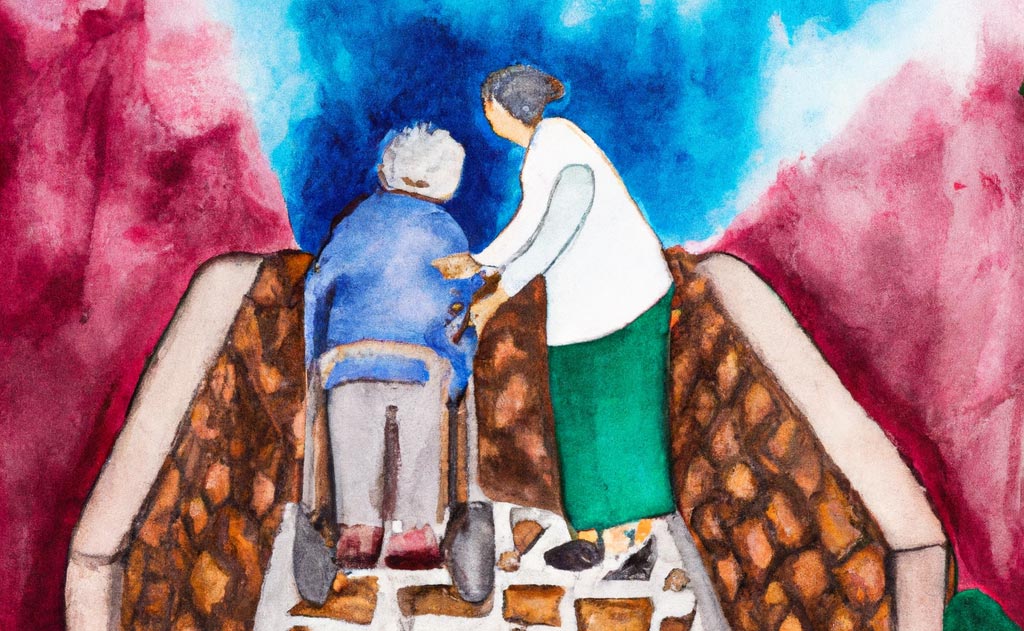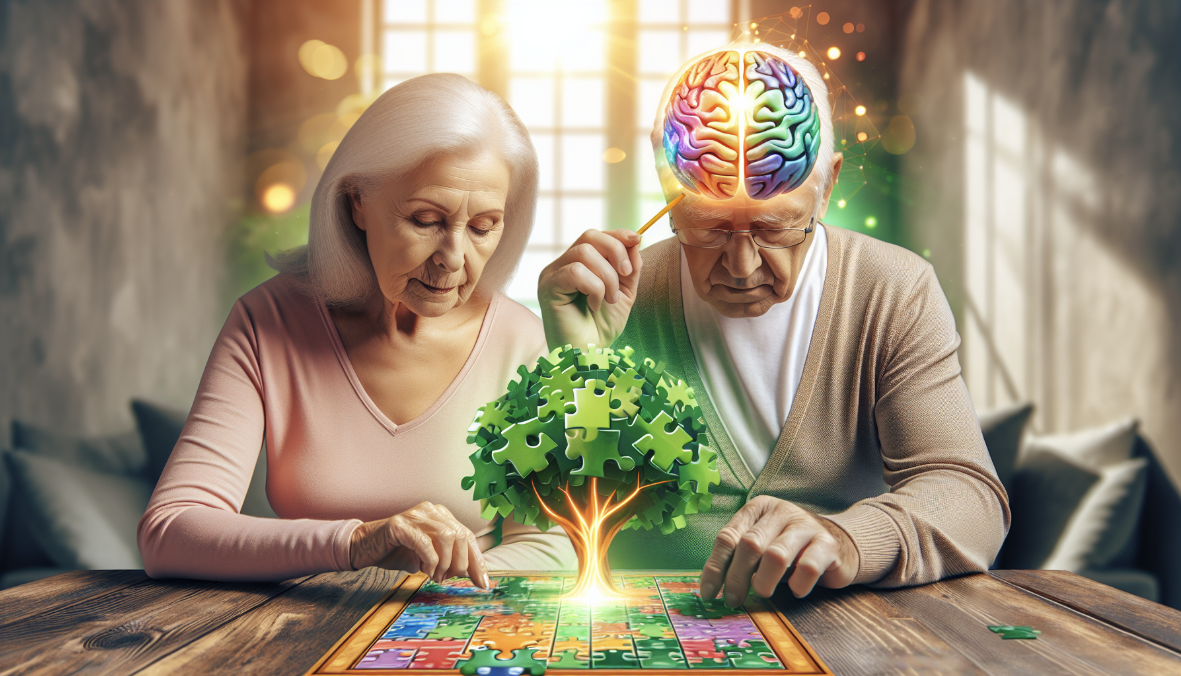Speak to a local care advisor at Assisted Living Locators by calling (888)-267-4741.
Learn about Assisted Living, Senior Living, Memory Care, and In-home care options.
Activities of daily living, also known as ADLs, are routine tasks people of all ages perform. However, a 2019 research study published on NCBI highlights that older adults find it challenging to carry out ADLs without assistance. The inability to achieve ADLs can lead to an unsafe environment and poor quality of life.
Common ADLs include showering or bathing, getting in and out of a chair or bed, walking, eating, and toileting. Although most people do not focus on ADLs or daily routines, AARP’s study shows that more than one million people in the U.S above 50 require assisted living to perform these activities.
Not performing ADLs can make your elderly family member’s health vulnerable to accidents, falls, and acute and chronic health conditions. Today’s article will give you ADL checklists for seniors. Read on!
Basic ADLs
- Bathing and showering
- Proper dressing
- Bladder and bowel control
- Eating, including chewing and swallowing
- Functional mobility to moving oneself from one place to another
- Feeding, including setting up food and bringing it to the mouth
- Personal hygiene and grooming, including:
- Brushing
- Combing
- And styling hair
- Personal device care
- Sleep and rest
- Sexual activity
- Toilet hygiene, including
- Urinating
- Defecating
Instrumental ADLs
- Pet care
- Child rearing
- Use of communication device
- Community mobility
- Health management
- Health maintenance
- Financial management
- Meal preps and cleanup
- Grocery shopping
- Safety procedures
- Emergency responses
- Religious observances
Does Your Elderly Loved One Need Assisted Living?
Challenges with ADLs do not mean making substantial life changes to keep your elderly loved one comfortable and safe. For instance, your aging father may dress independently but struggle with zippers, buttons, or tying their shoes. In that case, you can update your elderly loved one’s wardrobe to address the problem.
In addition, while your elderly loved one can use a knife when dining, they may not correctly chew or swallow specific food items. So, we recommend identifying the degree of changes your senior family member notices in their activities of daily living. Here is the checklist for determining whether your loved one needs a caregiver or assisted living.
Eating
- Can my senior family member feed themselves?
- Does my loved one find it challenging to chew or swallow food?
- Does my family member have trouble moving food from a bowl/plate to the mouth?
Personal Hygiene
- Does my loved one stay clean?
- How often do they bathe themselves?
- Does my senior family member maintain dental hygiene?
- Do they have greasy skin?
- Do they have unkempt hair?
- Do they have dirty and long fingernails?
- Have I noticed a foul body odor?
Dressing
- Can my loved one physically dress?
- Can they make informed clothing decisions?
- Does the limited range of mobility cause disruptions in wearing clothes?
- Does my loved one find it difficult to wear underwear, socks, pants, or shirts and coats?
- Do they feel pain when straining for upper or lower extremity dressing?
Grooming
- Does my loved one comb their hair correctly?
- Do they keep their fingernails and toenails tidy?
- Do they apply or remove makeup properly?
- Do they maintain their facial hair?
Toileting
- Does my loved one have difficulty with bladder and bowel management?
- Can my loved one successfully use the toilet or restroom without assistance?
- Is my loved one physically capable of taking trips to the toilet?
- Do they feel tired after using the toilet?
Mobility
- Does my elderly loved one find it challenging to walk?
- Do they feel pain in their legs and back?
- Do they need the assistance of a wheelchair, cane, or walker?
- Can they get in and out of bed without assistance?
- Can they ascend and descend stairs?
Using this checklist can help you determine whether your elderly loved one needs assistance with ADLs. It also enables you to make an informed decision about hiring a home caregiver and personalizing the daily routine to make them physically, mentally, and socially fit.
Final Words
Senior citizens above 55 are more vulnerable to acute and chronic health conditions, such as a deteriorating immune system, poor memory, and a less strengthened musculoskeletal system, affecting their overall physical and mental well-being. Using this checklist can help determine whether your loved one needs assistance with ADLs.












